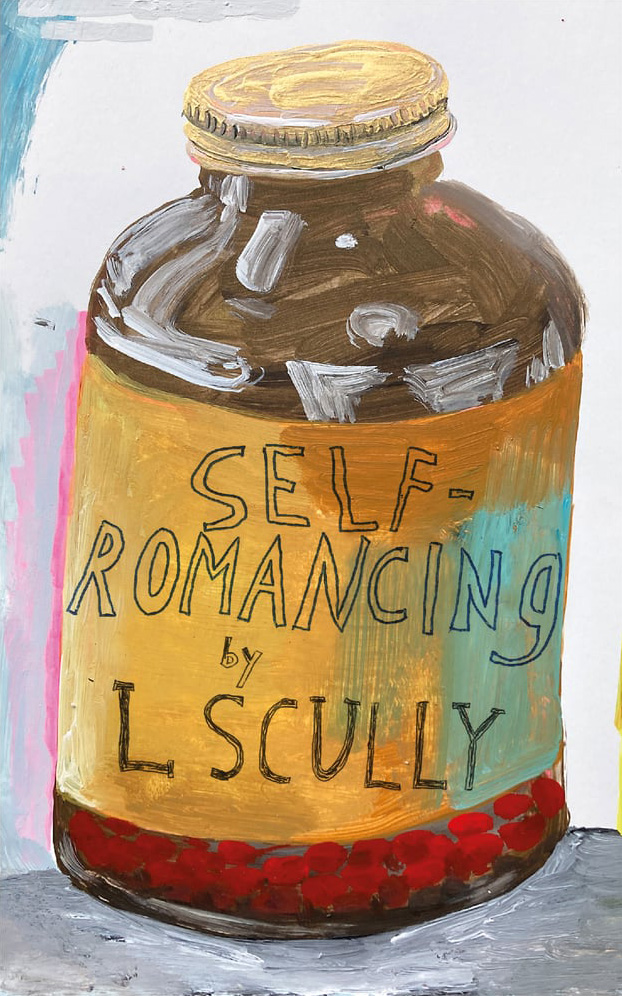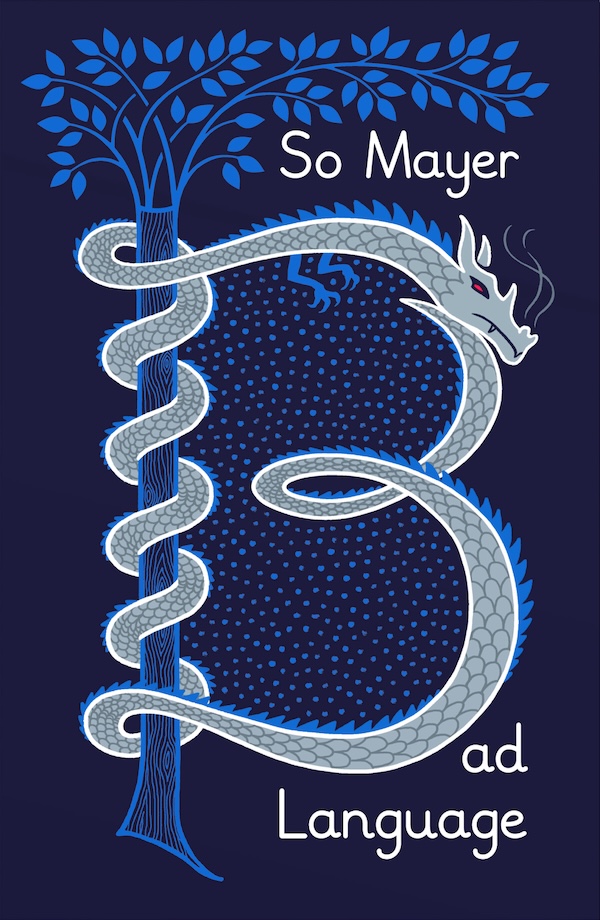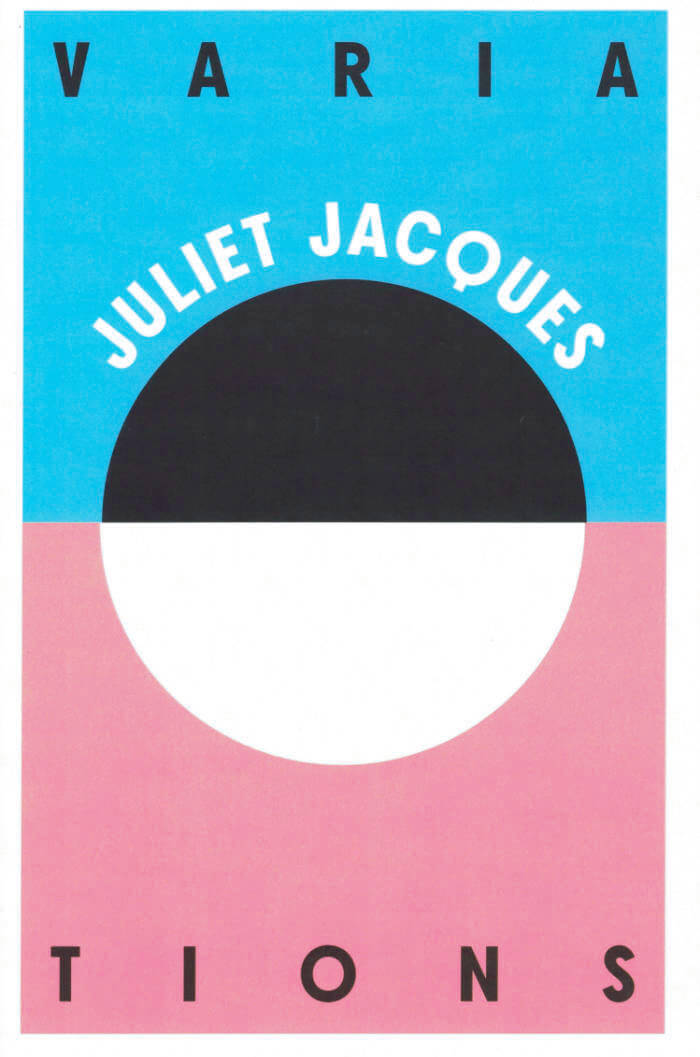
Almanac Journal of Trans Poetics - Issue 2, Sexualities
Almanac Press ed.
This issue brings together multiple different experiences and languages relating to sex; vague, exposing, perverted, asexual, relatable, messy, horny, total fantasy. When envisioning this issue we took inspiration from anonymous queer sex parties, darkrooms (all kinds) and graphic design found in porn films and magazines. The colors are slick and inky, inspired by dimmed lights and shadows, condensation of bodies, liquids pooling on a mirror, cool steel on wet skin.
Contributors:
Aava Eronen, astro katari, Boston Gordon, Camille Auer, Coyote, Eli Walkden, Huck Reyes, June T Sanders, Jules Gleeson, Kiara Barry, Kiltro Tristán, Luciano Houdini, Lex Jones, Lou Lou Sainsbury, L Scully, Matias Loikala, Nanténé Traoré, Nadine Chevalier, oxi, Punit J. Hiremath, RA Walden, Remi Graves, Rey Joichl, Ves Liberta





